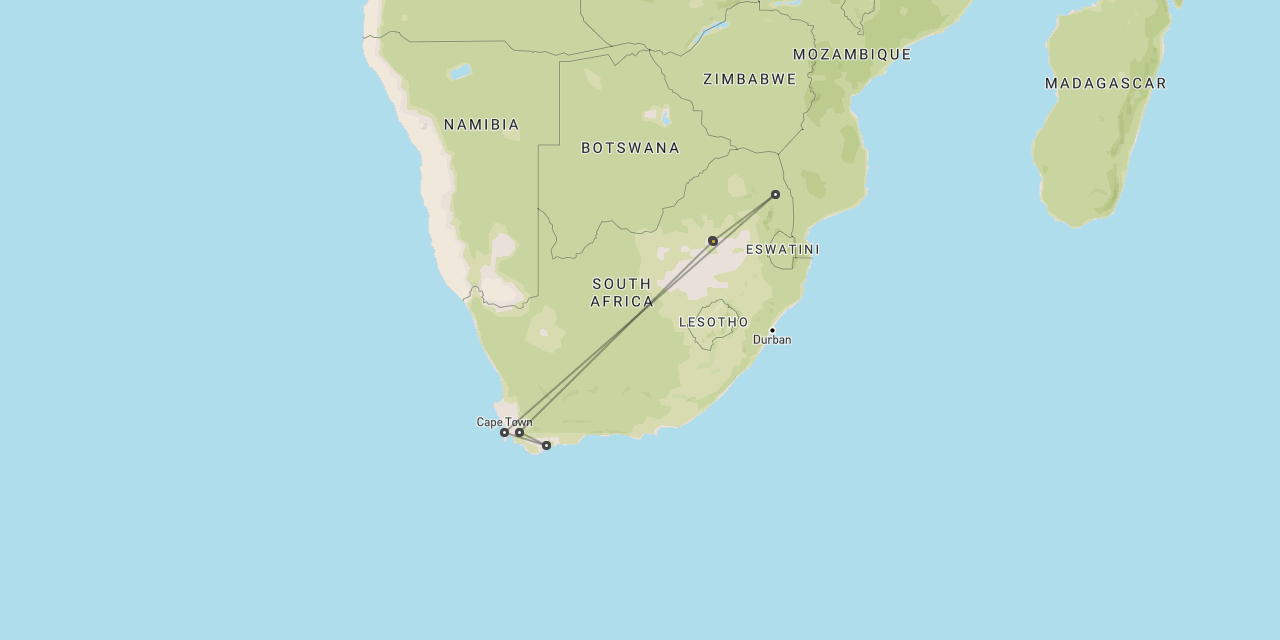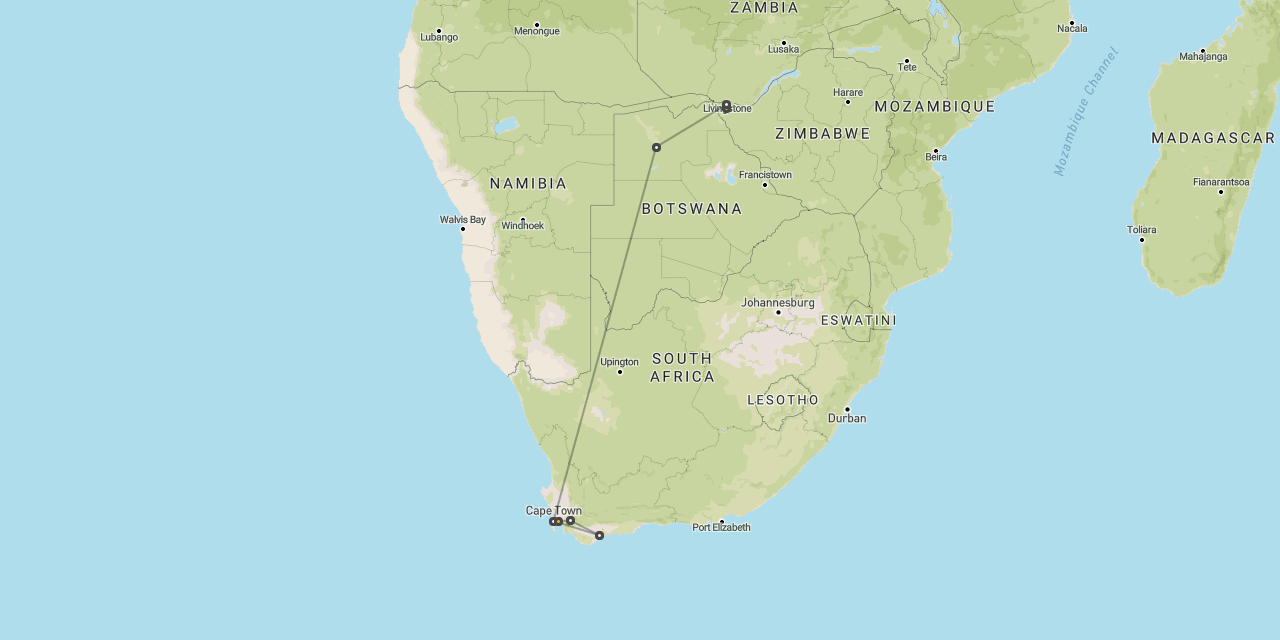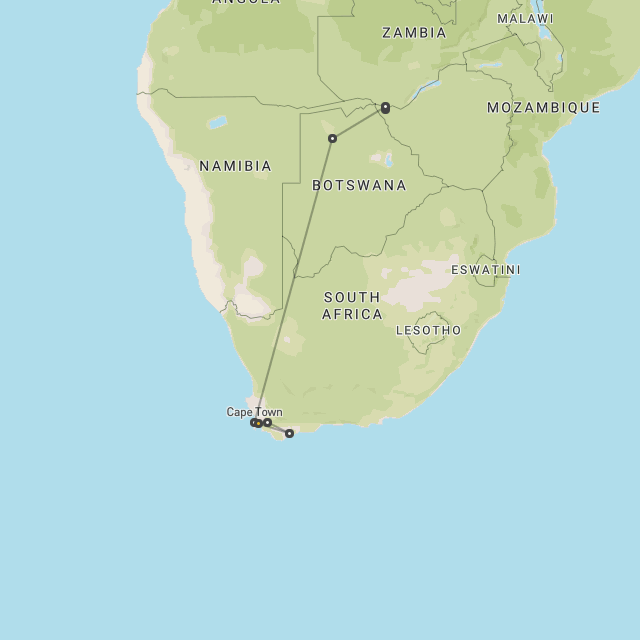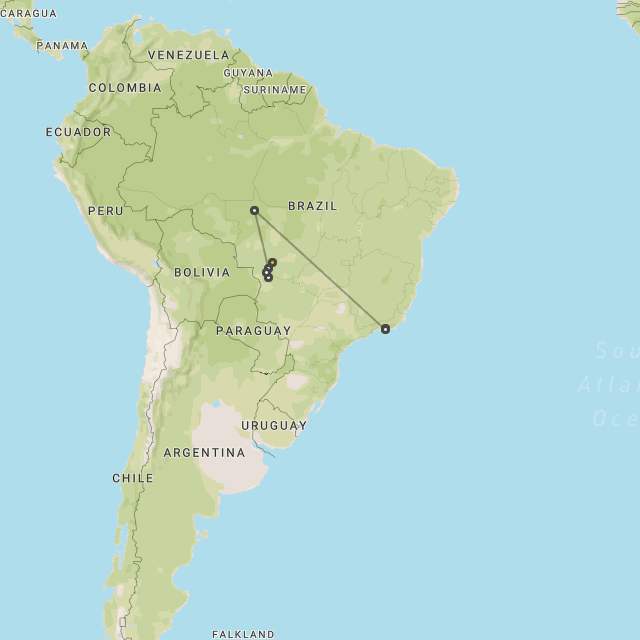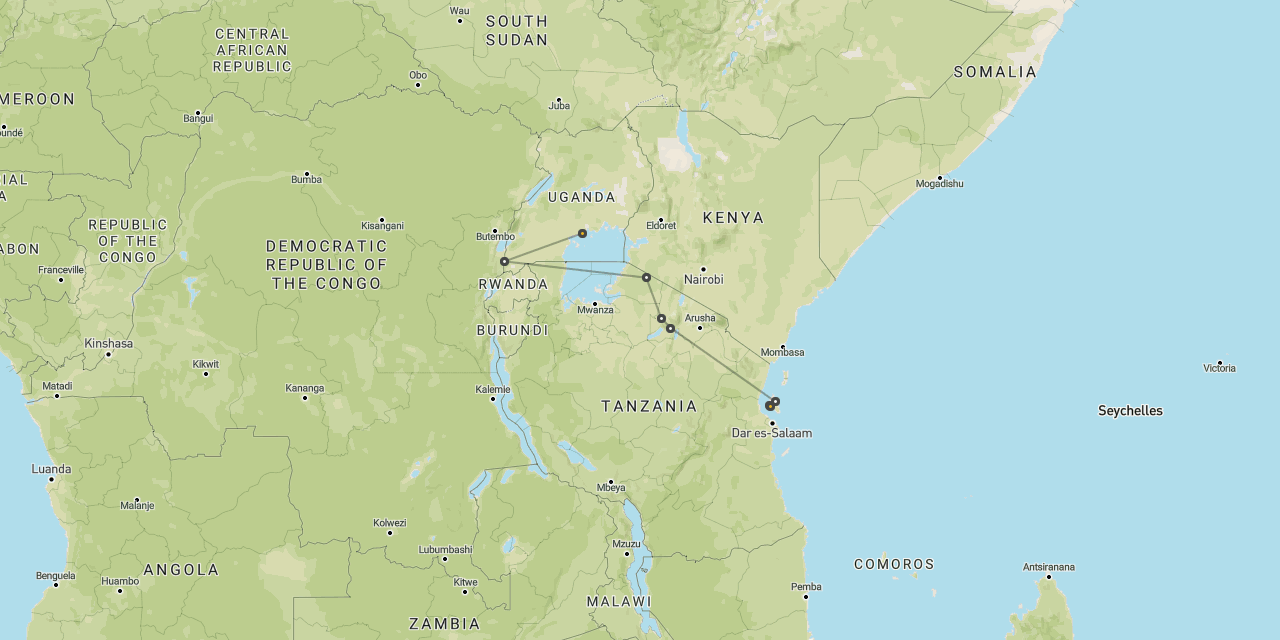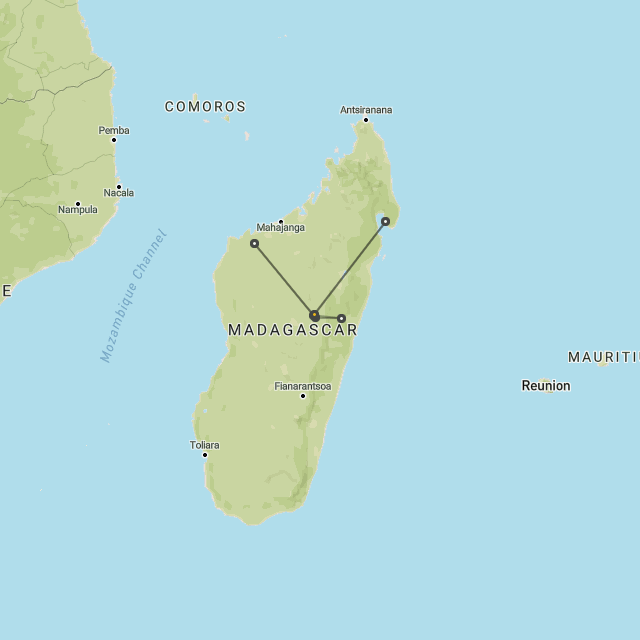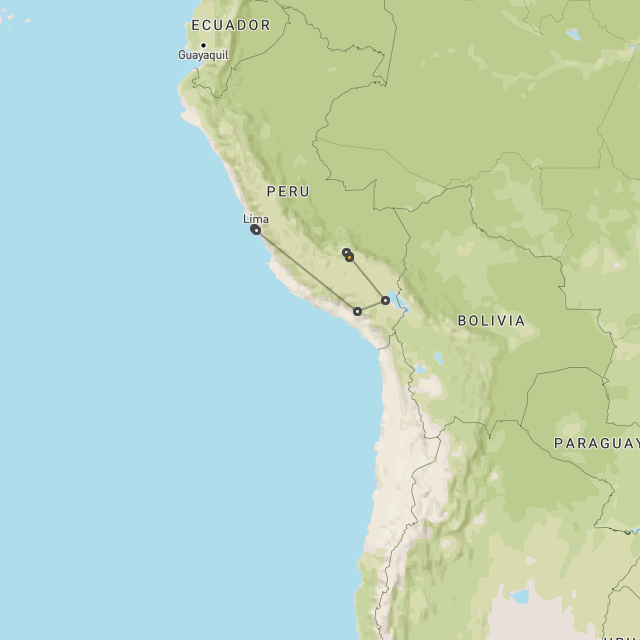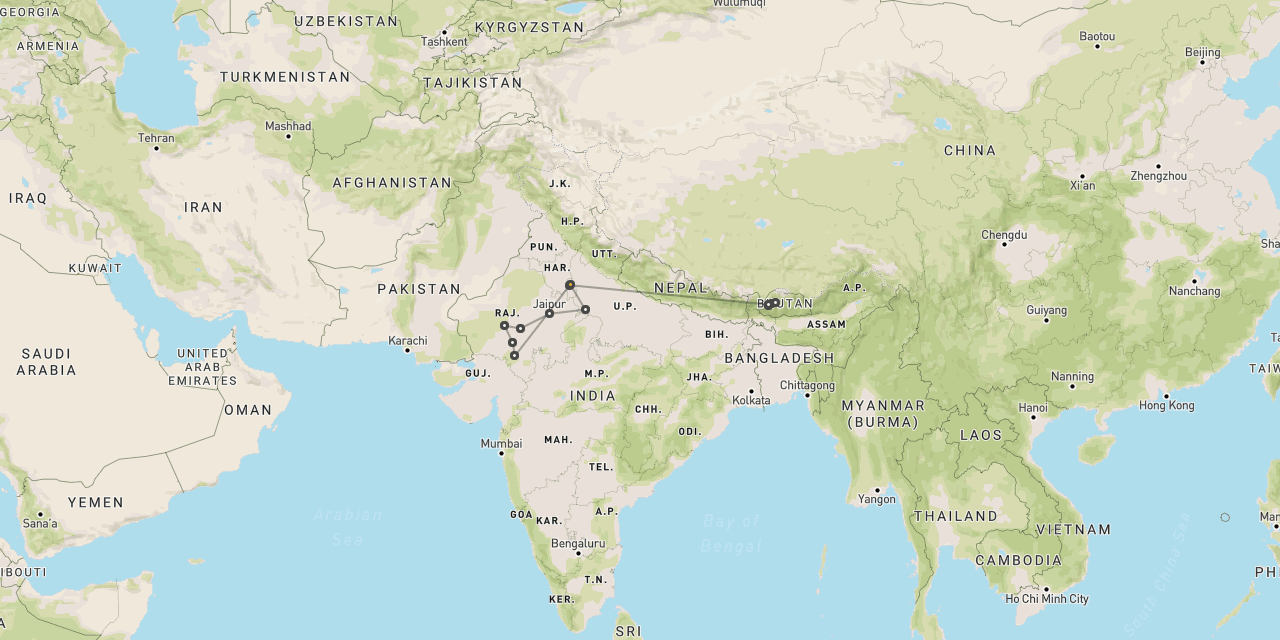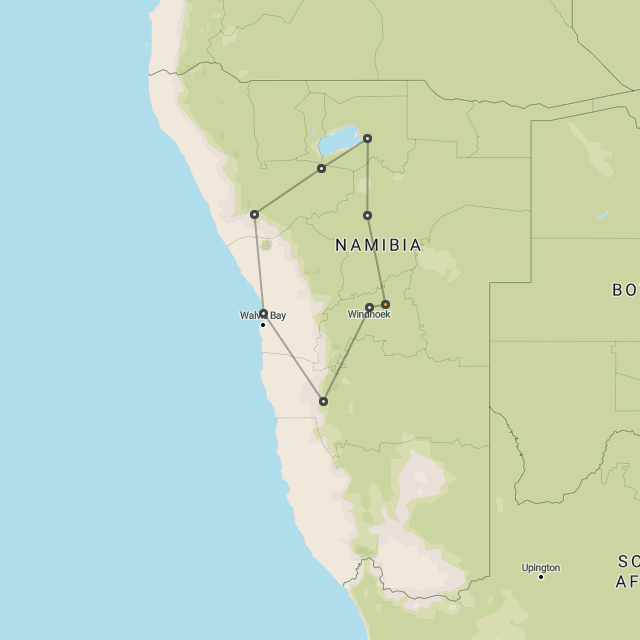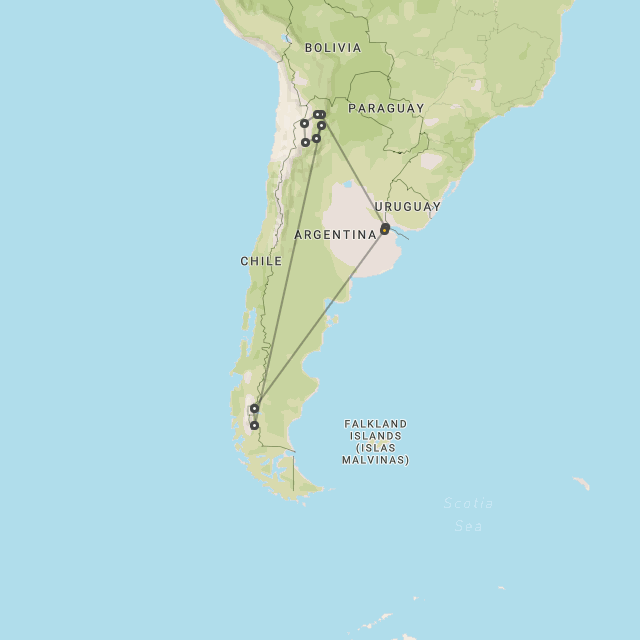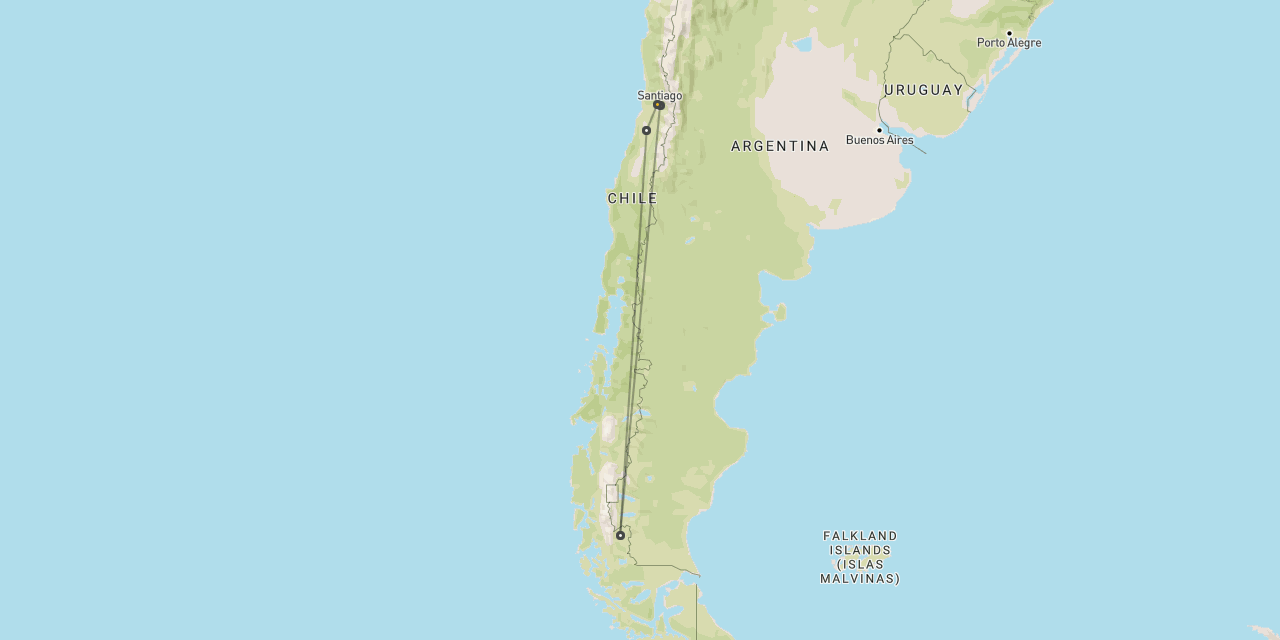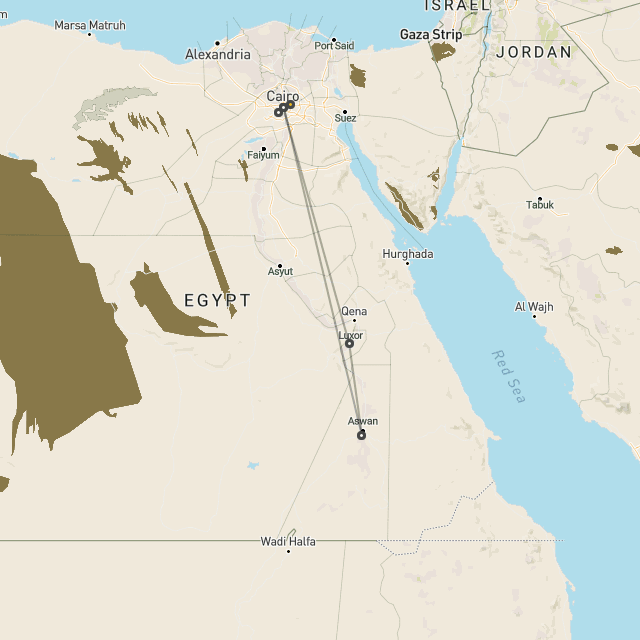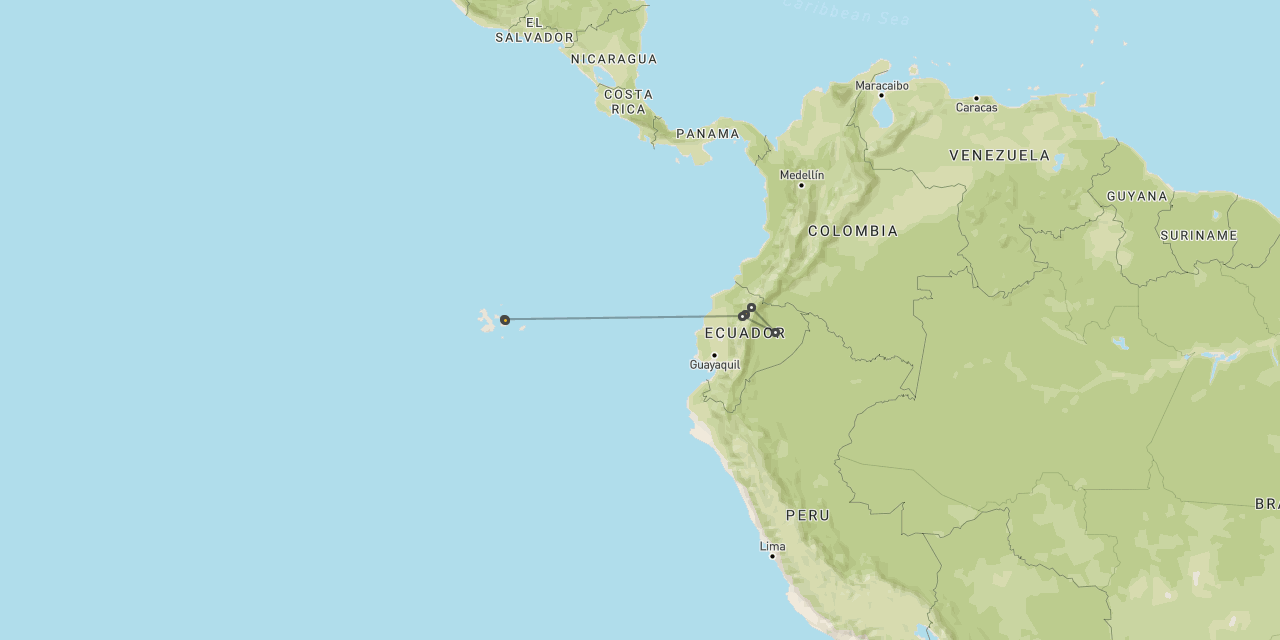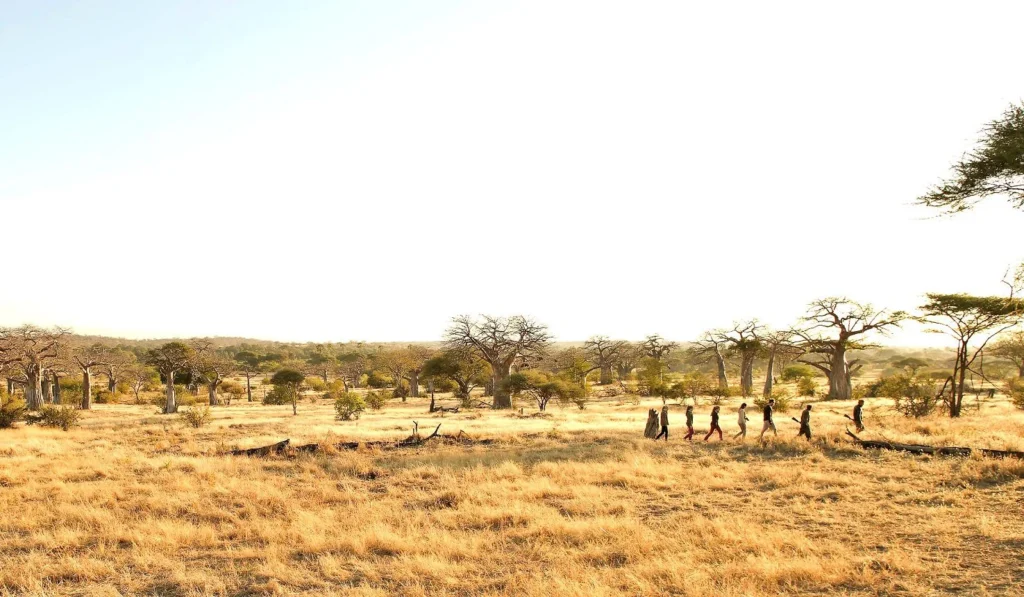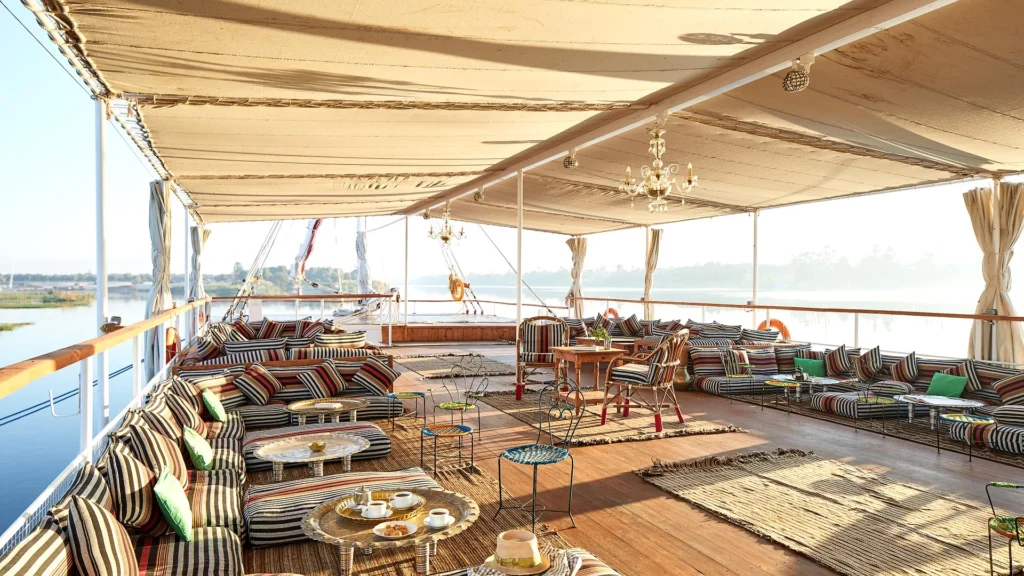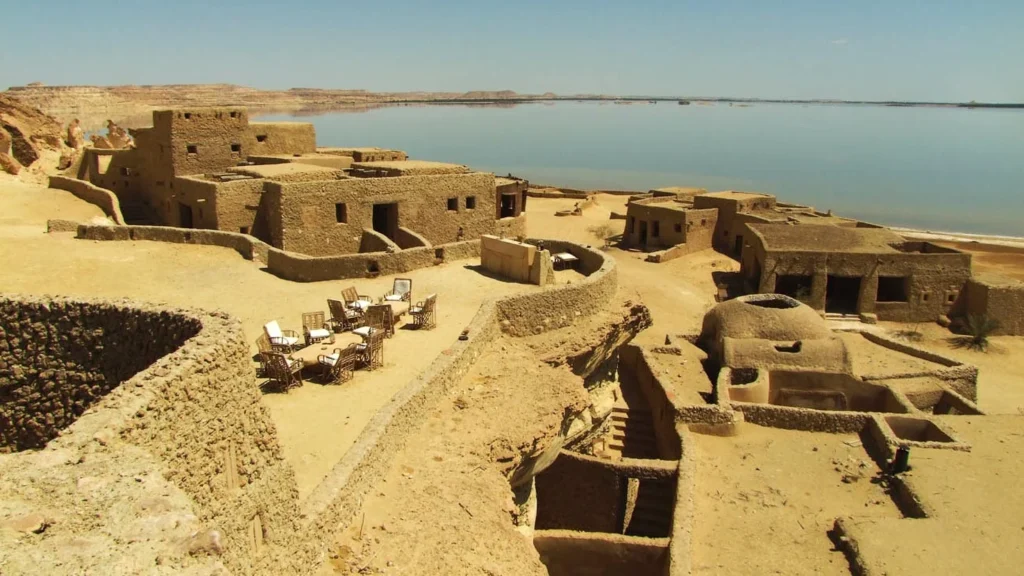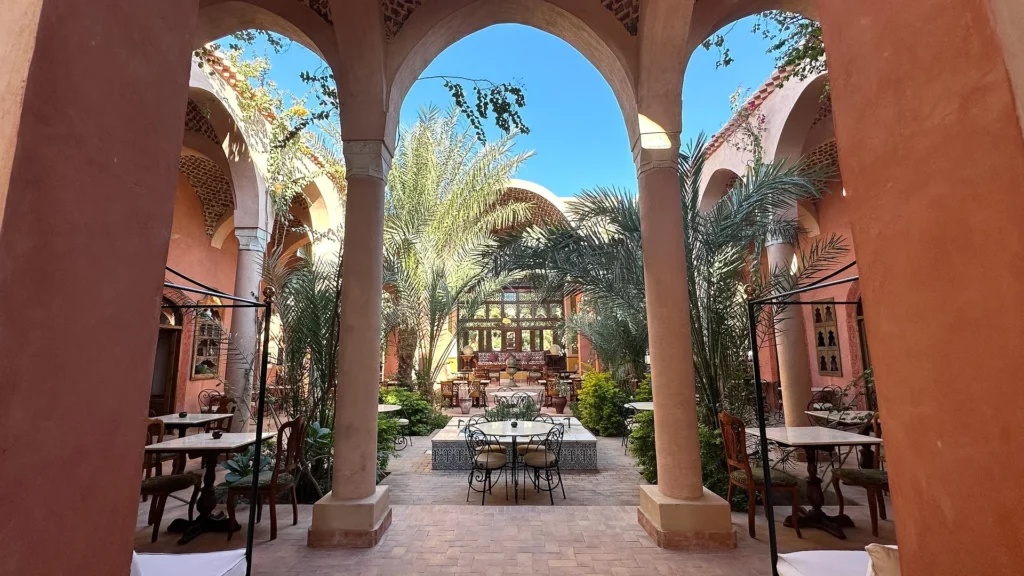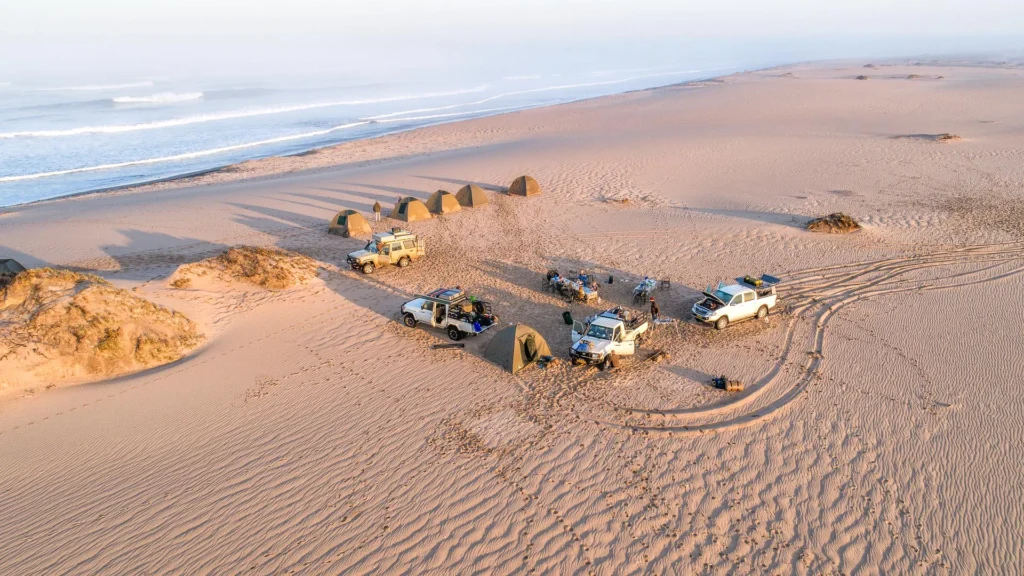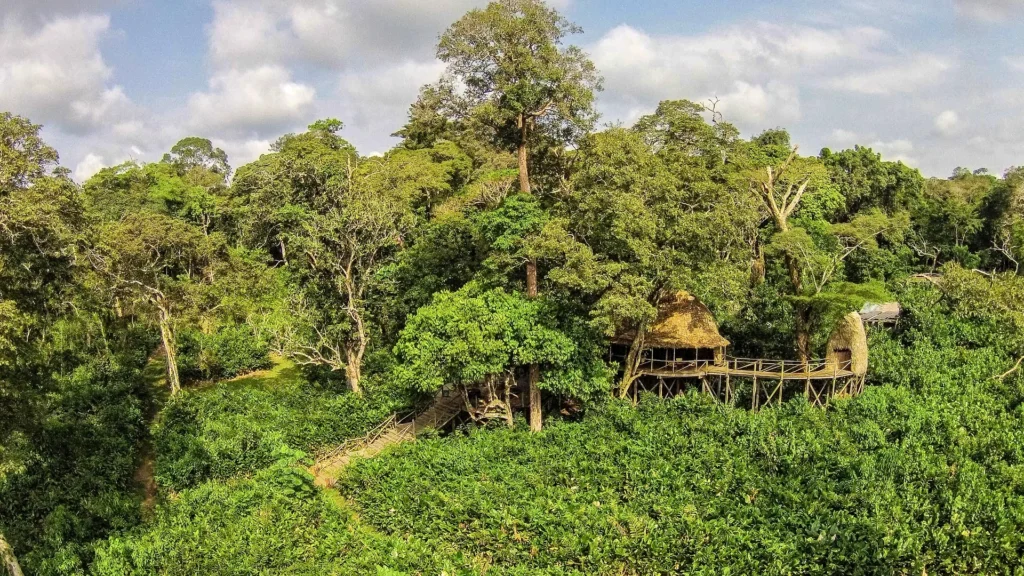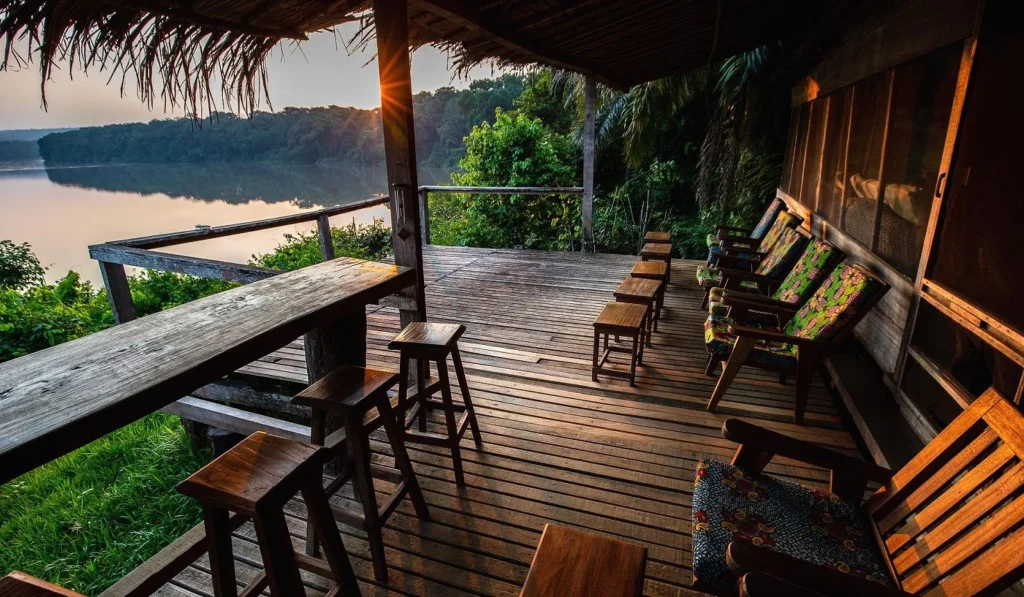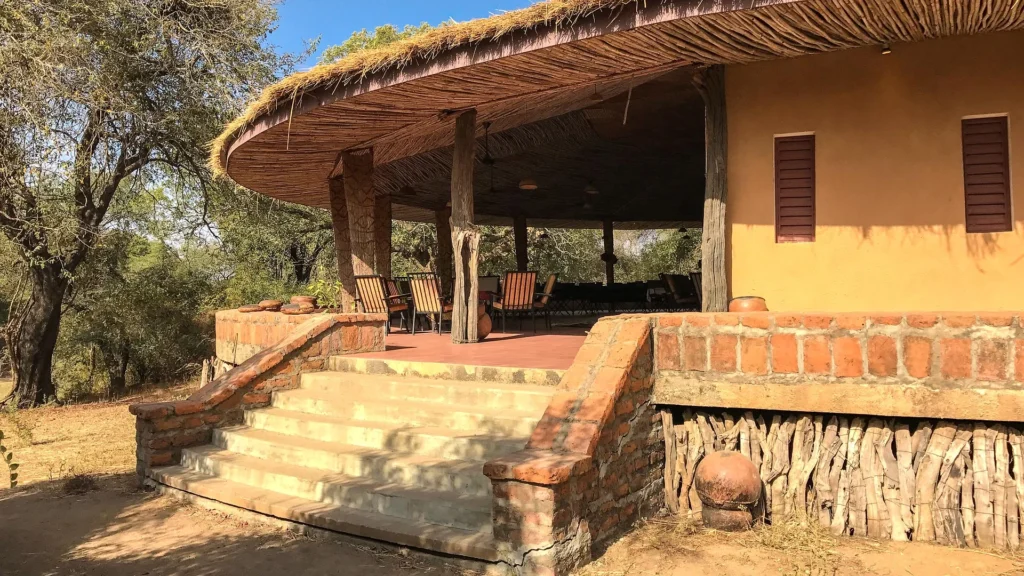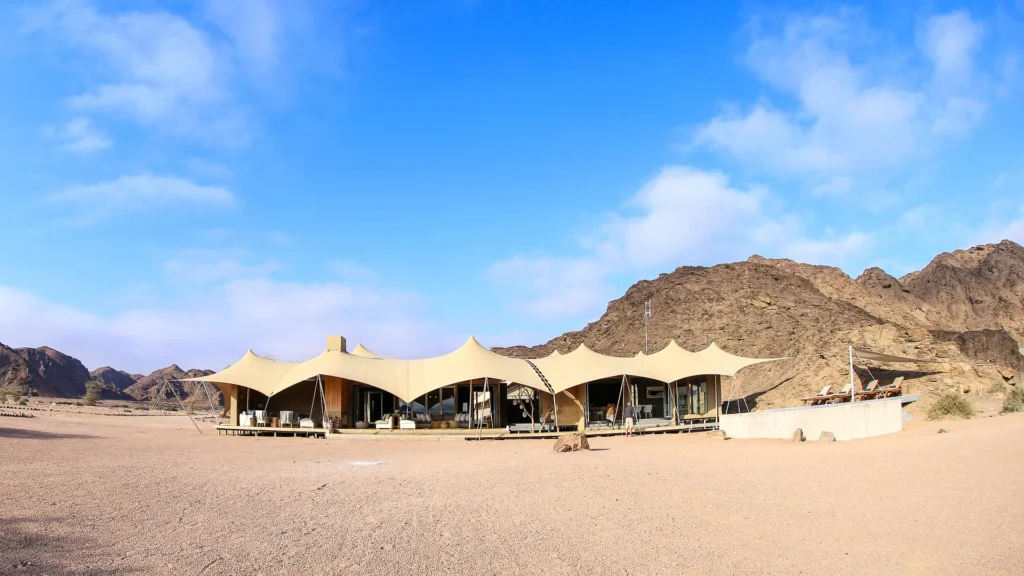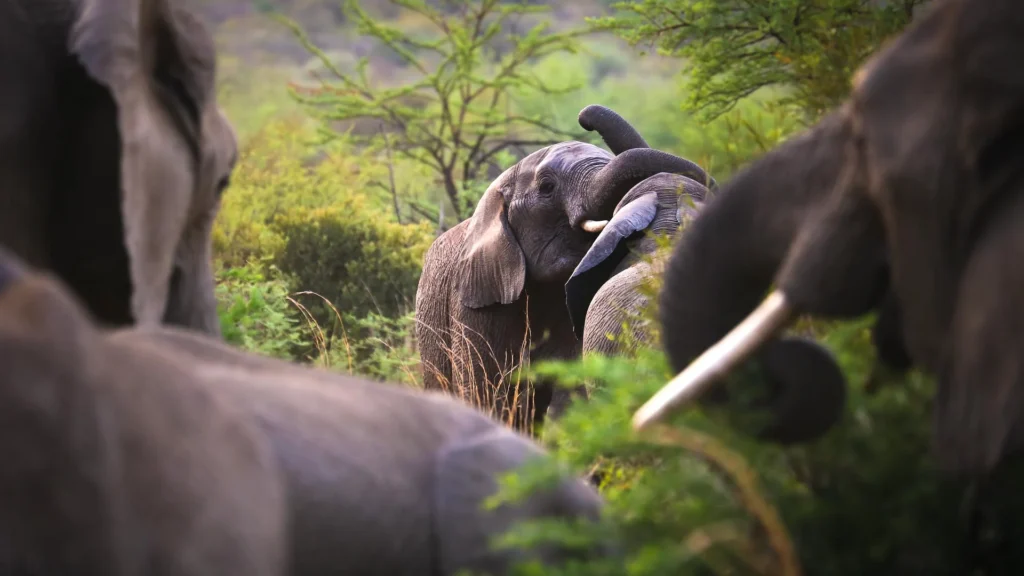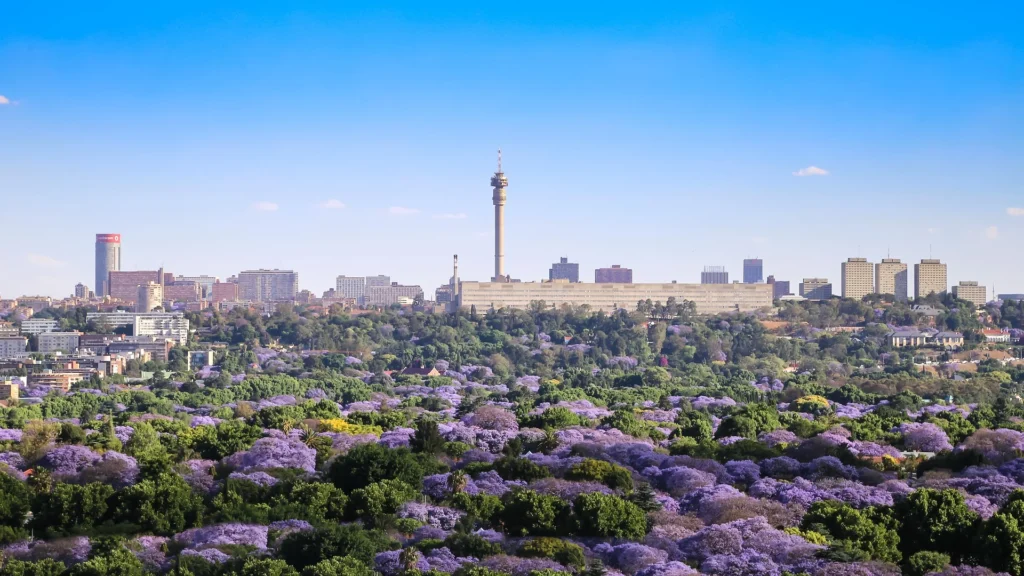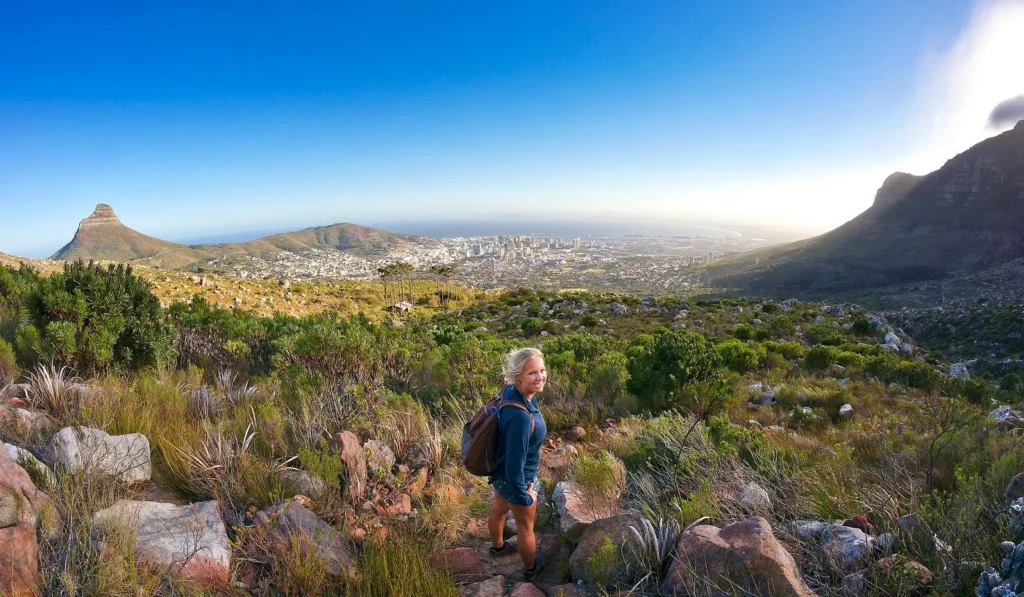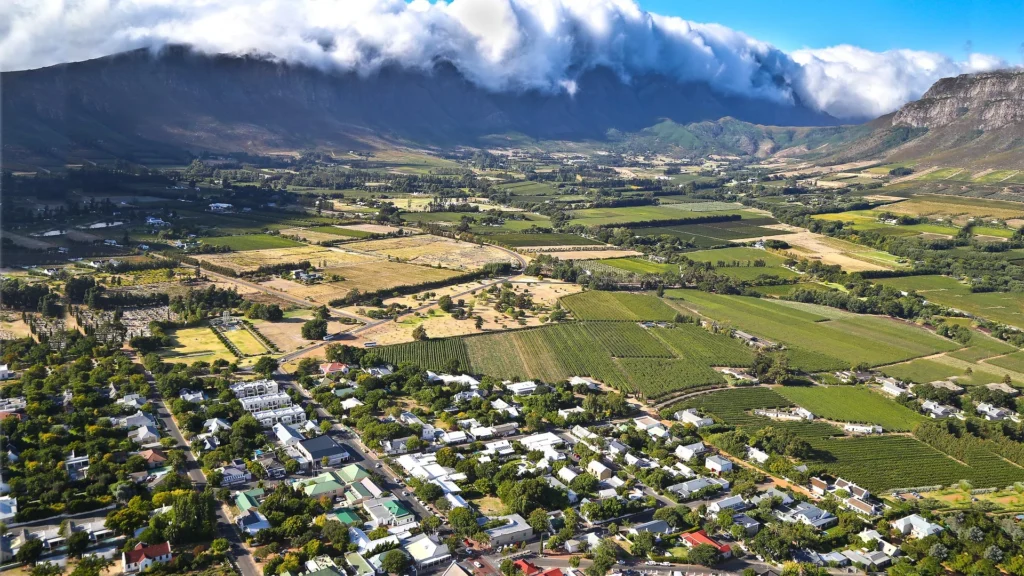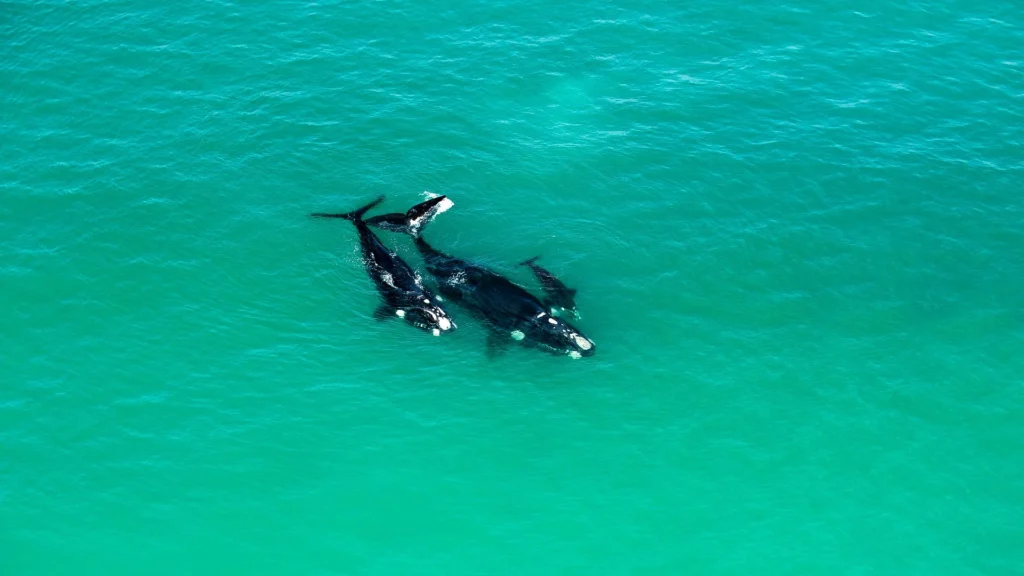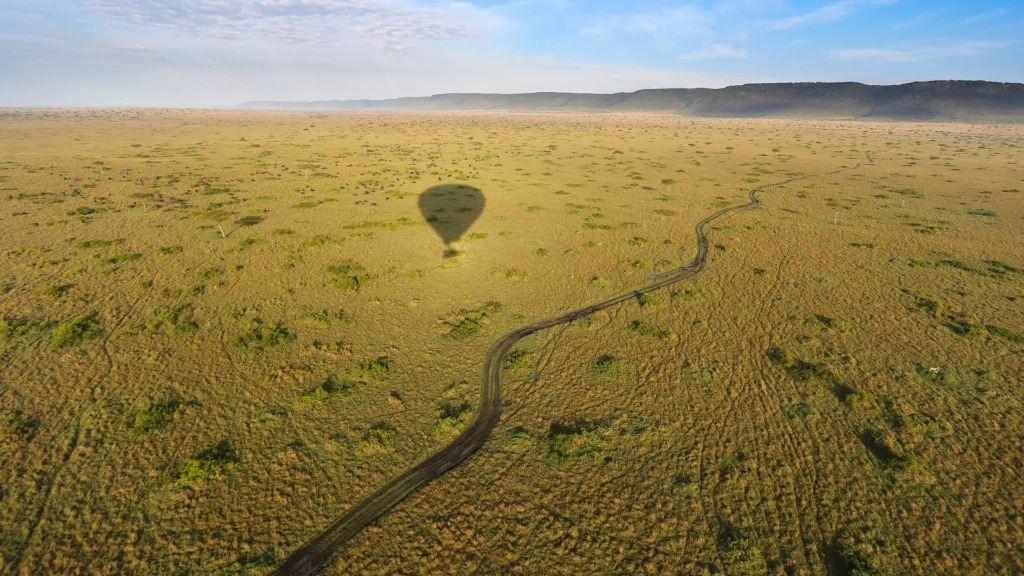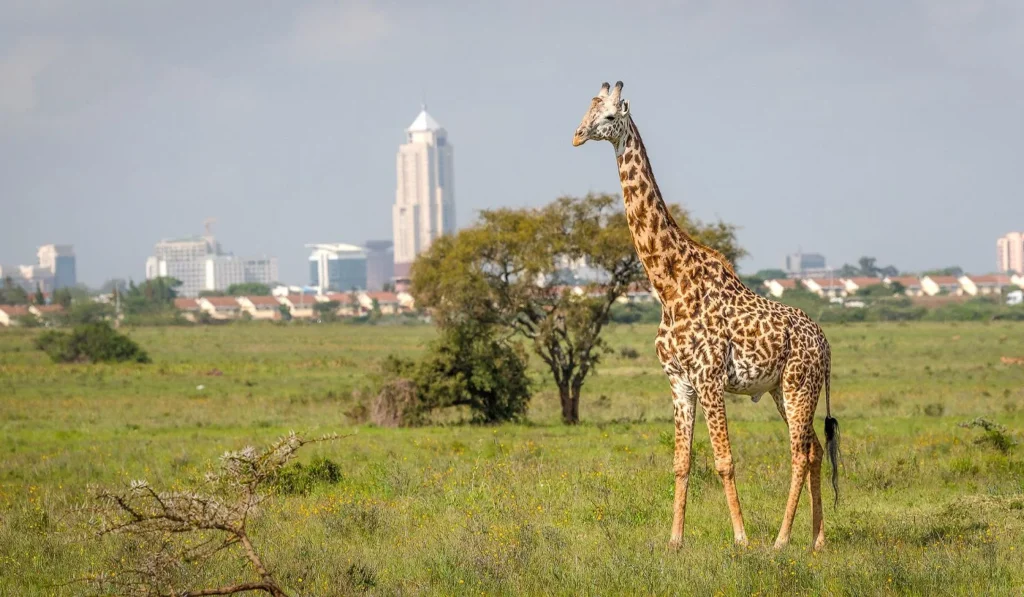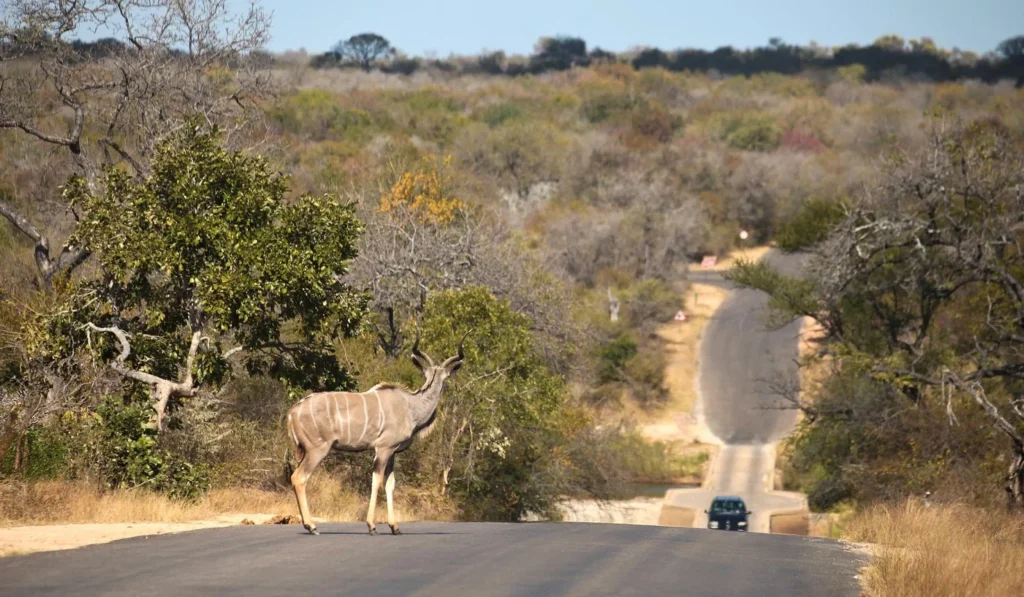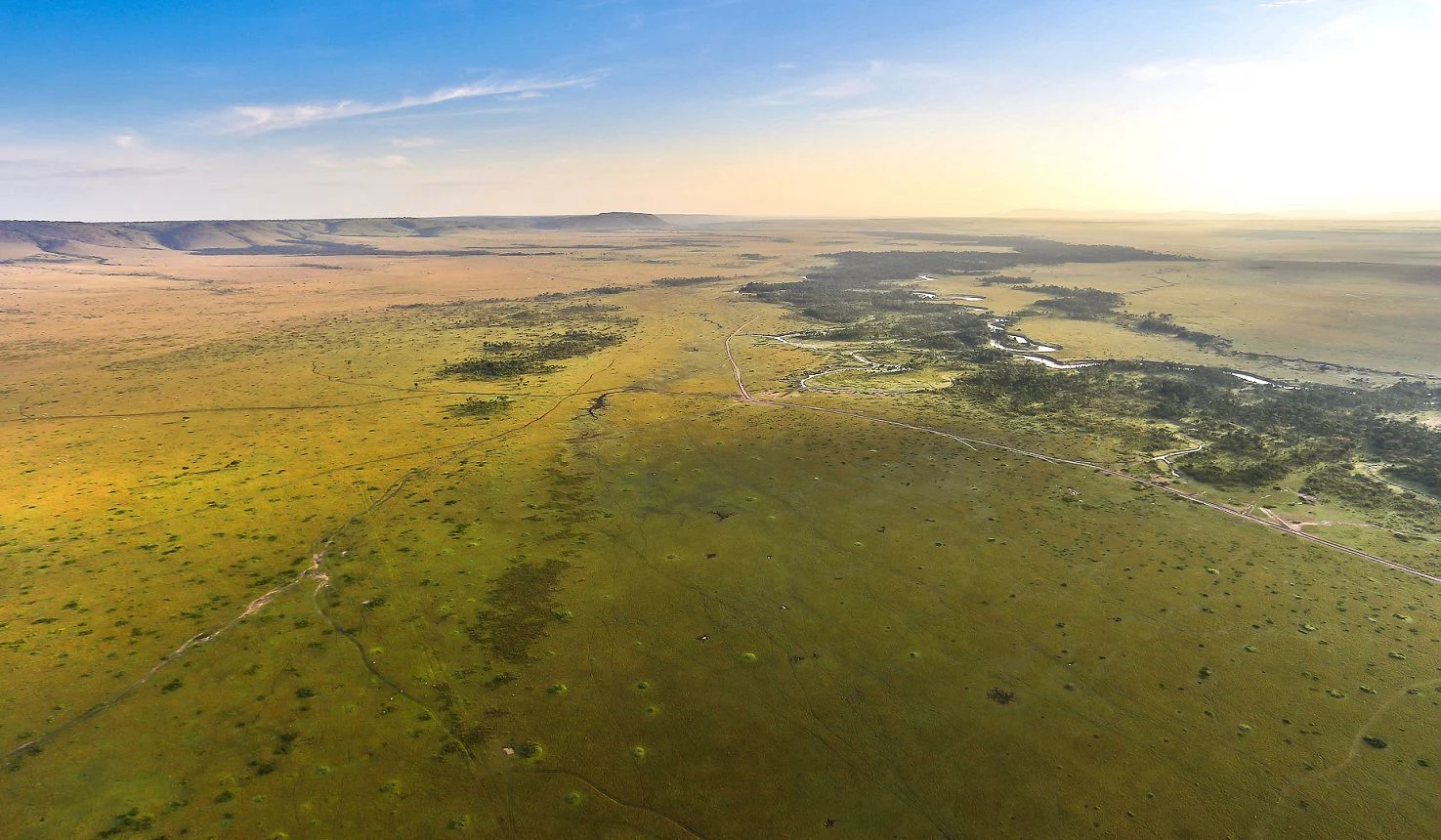- Africa
- Africa : 1 : Best countries for safari
- Africa : 2 : Best locations for safari
- Africa : 3 : The cost of safari
- Africa : 4 : Best time of year for safari
- Africa : 4a : Best locations in January
- Africa : 4b : Best locations in February
- Africa : 4c : Best locations in March
- Africa : 4d : Best locations in April
- Africa : 4e : Best locations in May
- Africa : 4f : Best locations in June
- Africa : 4g : Best locations in July
- Africa : 4h : Best locations in August
- Africa : 4i : Best locations in September
- Africa : 4j : Best locations in October
- Africa : 4k : Best locations in November
- Africa : 4l : Best locations in December
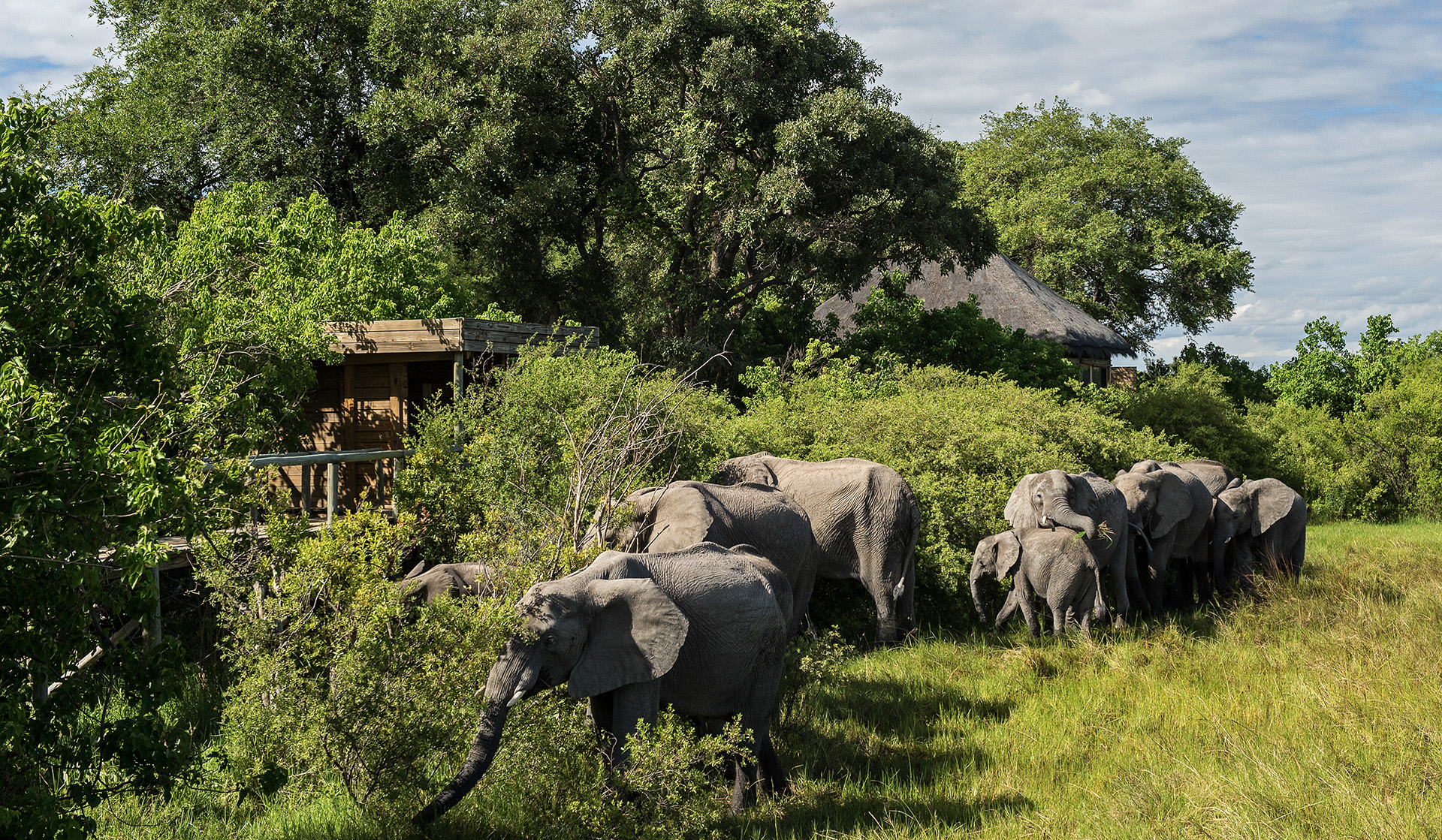
The cost of safari in Africa
Safari
ranges from USD 2000
to USD 100,000 per person
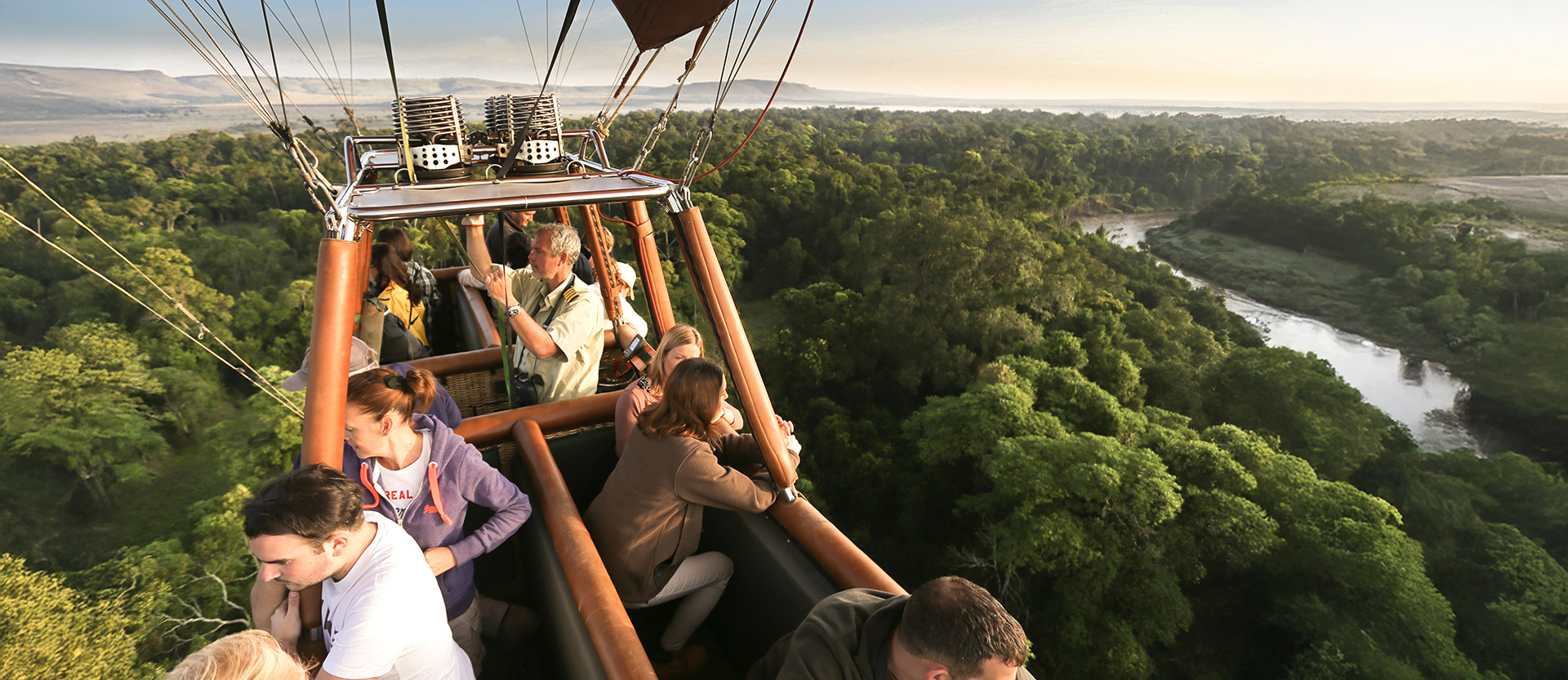
the most commonly in the range USD 5000-15000 per person
Tailor-made safari trips can range literally from USD 2000 to USD 100,000 per person.
The median cost across all trips is around USD 10,000 per person, excluding the international flights. However, this number is artificially elevated by a relatively few very expensive trips. The mode value is closer to USD 8000 per person.
We love building trips at all levels.
At the lower end, we love working with guests who need to be more careful with their money. We very much know how that feels. We enjoy the challenge of finding truly authentic safari options. We also love the lodge operators at this level, who tend to be independents who do it for the love.
At the higher end, it is such a privilege to be able to work with guests who are willing and able to spend big to create truly epic trips. The options at this level are mind-boggling and there’s loads of space for us to be truly creative.
Unsurprisingly, the biggest range of ingredients is to be found in the middle of the range, so there’s lots of room for us to be critical and discerning when creating perfect combinations.
In other words, whatever your budget, we will be delighted to work with you to create a truly amazing trip.
by far the biggest cost variables
are the trip duration and lodge choices
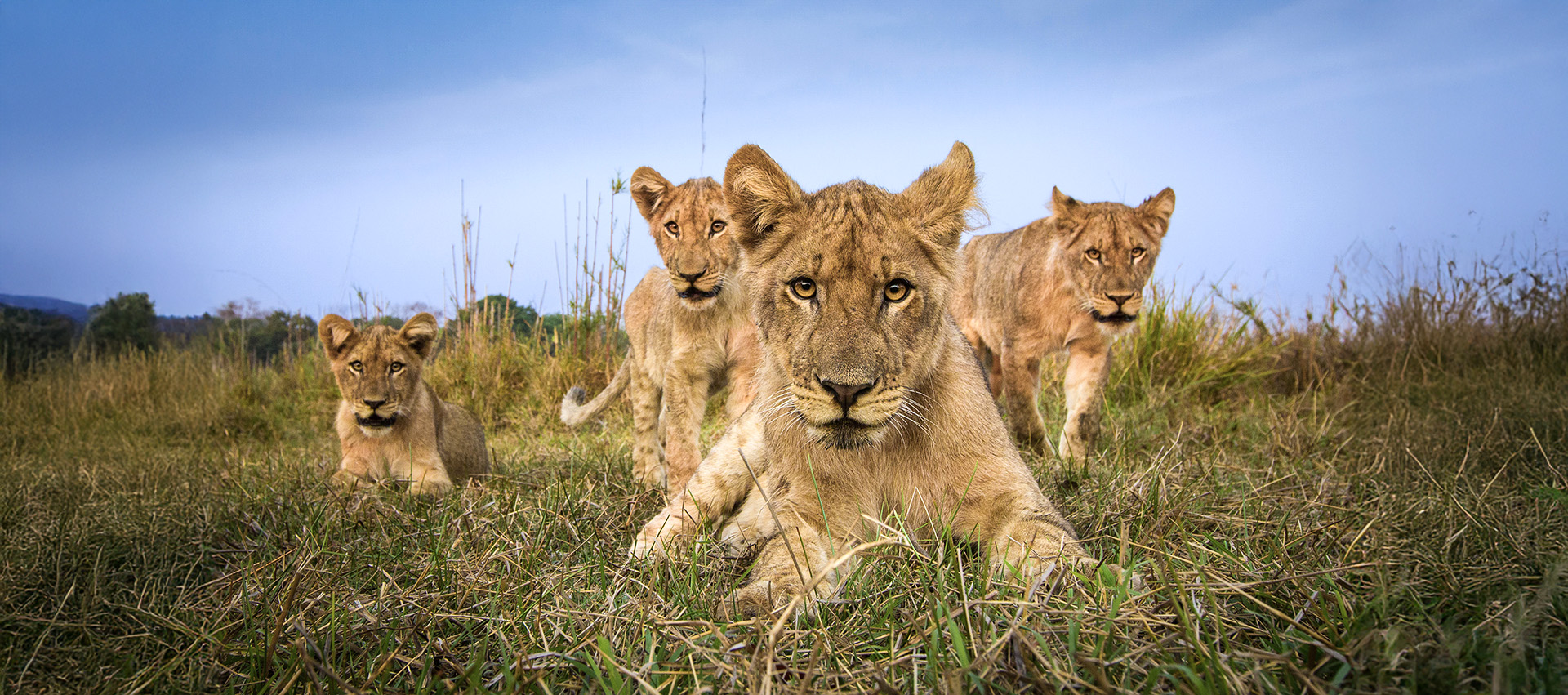
Questions about pricing …
A savanna safari in Africa can literally cost anything from USD 2000 to USD 50,000 per person. Here’s a very rough guide (not including international flights) …
- 2500 : Authentic shorter trips, stripped down.
- 5000 : Authentic trips.
- 7500 : Authentic trips with treats.
- 10000 : Blend of authentic and luxury.
- 15000 : Longer or more luxurious trips.
- 30000 : High-end trips or serious expeditions.
- 50000 : Incredible trips.
There are so many factors that affect the price, but here are some of the most important …
- Total trip duration.
- The locations that you want to visit.
- How many nights you spend on safari.
- The level of lodges you chose.
- The time of year.
- How many people are in your group.
What we really need is for you to give us a budget ceiling. That will enable us to focus on the range of options that could work.
From there, it should be a relatively straightforward process to identify your perfect safari.
as long as a piece of string
A budget of USD 2000-3000 per person (not including international flights) is at the lower end for a high quality savanna safari trip to Africa.
This is a very high cost environment, so we need to proceed with care. There are four main ways we can go …
The first option is to stick to South Africa, where we can combine a few nights at a very good value safari lodge, with a week or so down in the Cape (Cape Town, Whale Coast, Cape Winelands). This is a famously good value option, but the safari may feel a little tame, compared with that in countries further north.
The second option is to self-drive, either in South Africa or Namibia. The latter is particularly adventurous, but not too difficult, so long as you are up for a genuine road trip. These self-drive tips are incredibly good value.
The third option is to visit one of the really well-priced camps in the Hwange area of Zimbabwe, which is easily accessed from Victoria Falls. This is the best way to get a properly authentic safari experience during the high season. Also usually combined with the Cape.
The fourth and probably best option is to look for heavily discounted options in the prime safari areas. The standout option is Feb-Mar in the Okavango Delta area of Botswana, truly premium areas which are incredibly well-priced at this time of year, despite the safari quality remaining very high. This is also usually combined with the Cape, which is in later summer at that time of year.
If you want to get into the safari areas on the eastern side of Africa (Kenya, Tanzania), then this budget is properly a little light. There may be some low quality budget options out there, but certainly nothing we could recommend.
a limited range of really cool trips
In the budget range USD 3000-6000 per person (not including international flights), we still need to be very careful how we build trips.
But they can still be really cool and there should be a good range of options.
Safaris are likely to be a little on the short side and done in combination with lower cost beach, rural and city extensions.
Alternatively, we may look to lower cost locations or to seasons when the pricing is more keen, in order that we can include more nights on safari.
However, with the top lodges costing USD 2-5K per person per night in high season, we will definitely be looking to avoid more expensive options.
keeping a lid on the budget, whilst maximising authenticity
In the budget range USD 6000-15,000 per person, we are starting to feel slightly more relaxed about pricing, there should be lots of great options.
If you stick to good mid-range lodges, then safaris can be of a good length, but are probably still being done in combination with lower cost beach, rural and city extensions.
However, with the top lodges costing USD 2-5K per person per night in high season, we will be looking to avoid more expensive options.
lots of fantastic safari options
In the budget range USD 15,000-30,000 per person, a really good range of ingredients open up to us, in all countries.
If you stick to good mid-range lodges, then safaris can get deliciously long and relaxing.
Much longer life-changing trips and sabbaticals are also very much possible.
However, with the top lodges costing USD 2-5K per person per night in high season, even this level of budget can be easy to spend.
epic sabbaticals, longer safaris or shorter super-luxury trips
In the budget range USD 30,000-50,000 per person, there’s not much you can’t do in all areas.
For once, we can focus on optimising the experience, without having to constantly worry about the price of the various ingredients. This is the route towards mind-bogglingly great trips.
As well as combining the finest locations and lodges, we can also think about adding exceptional extras, such as carefully chosen private guides and the exclusive use of camps, vehicles and aircraft.
For the more intrepid amongst you, it can also become possible to create new and genuinely pioneering expeditions to little-visiting countries like Chad or Central African Republic.
gorgeous luxury safaris or serious expeditions
In the following sections, you will find extensive tips on how to save money on a savanna safari in Africa.
But, before we get started, here is the main message.
You are completely in control of how much you want to spend. Simply give us your budget ceiling and we will show you the full range of suitable options.
We understand that it is very easy to get sucked into all the wonderful options and allow the budget to run out of control. If this happens, just let us know and we will adjust the trip accordingly.
We are always happy to go through this process. Our mission is to help you find the perfect safari and that includes hitting your budget.
We have a really efficient safari building system that allows us to easily provide you with multiple sample trips, so this really is no trouble. We can go around the loop as many times as you wish.
don’t be afraid to simply lower your budget
The first big expenditure on your trip is your long-haul flights.
If possible please do not book your flights in advance of booking your trip, as this can lead to big problems with availability and trip shape.
It is really important to focus the majority of your spend on the trip content, rather than on the flights.
In most cases, your flights should not cost more than 50% of ground arrangements, ideally not more than 25%. There is no point splashing out on business class flights, if it leads to an economy safari.
When it comes to actual costs, travelling to Africa in economy you can expect to pay USD 1800-2500 per person from North America, USD 600-1000 per person from Europe, Australasia and the Far East.
Prices can occasionally be significantly lower out of season and higher during peak August and Xmas periods.
Prices can also vary considerably with the lead time, although it is impossible to predict whether it will be better to book earlier or later. Some flight apps offer the facility to send prompts when prices reduce, but this is probably too much of a hassle for most people.
If you want to fly Business Class or First Class then you are usually looking at prices 3 to 5 times those levels. If these costs start to negatively impact the trip content, then we usually recommend downgrading the air.
Here are our five tips for enjoying economy flights …
- Travel with hand luggage only.
- Use high quality noise-cancelling headphones.
- Take a sleeping pill on overnights (recommended to us by doctors, to reduce your oxygen requirement and reduce pollutant intake).
- Make sure your connection times are not worryingly tight.
- For double long-haul routes, deploy nights in intermediate locations.
If you are planning to use points to purchase your flights, please make sure that this does not lead you towards less favourable times or years or routings.
When trying to secure lower cost flights, it is really important that you don’t end with unfavourable routings or timings. For example, if you are heading to Serengeti but book to arrive into Nairobi instead of Kilimanjaro then you may save USD 200 on your long-haul, only to incur USD 500 extra costs on the ground.
Our safari experts are familiar with all the options and will be able to help during the process of identifying the perfect trip.
focus your spend on the trip, not on the flights
In many safari areas the costs vary enormously year round, as the safari conditions and guest demand vary.
Clearly the smart thing to do is take advantage of periods when the experience remains strong but lower demand causes the prices to dip.
A good example of this is the Okavango Delta in Botswana, where many camps are less than half price during March, compared with the peak Jun-Oct season, but the core safari remains really strong.
If you can give us as much flexibility as possible with your travel dates, then we will be in a great position to take advantage of seasonal price variations.
Unfortunately many of us are locked into travelling during holiday seasons and school holidays, but there are almost always ways to make a trip hit a specific budget.
The overall saving on a trip could be as much as 40%.
if you have flexible dates, there are some great savings
The most expensive part of your trip will almost certainly be the core safari nights.
Savanna safari is expensive for so many reasons. It is a rare and over-demanded commodity, it is very small scale and logistically very expensive to operate.
Perhaps most importantly in many savanna safari countries, taxes on travel are extraordinarily high. The money that you spend pays for the conservation of these amazing places and contributes hugely to wider infrastructure and welfare projects.
Savanna safari prices tend to range from around USD 250-2000 per person per night in more accessible areas, USD 500-5000 in other more extreme locations.
More expensive safaris tend to offer …
- more remote and wild areas
- lower visitor densities
- smaller and more intimate lodges
- higher quality safari guiding
- higher levels of service and reliability
- higher levels of comfort and luxury
However, it is definitely not always the case that a more expensive safari is a better safari. There are plenty of higher cost locations which surf on their reputation without delivering and there’s a fair few middle and lower cost locations which over-deliver on expectations.
If you are looking for a genuinely lower cost savanna safari, then there are three standout options in Africa …
- South Africa contains hundreds of lower cost lodges, most of which are rather poor for many reasons, but some of which are genuinely great value.
- If you are up for a self-drive trip, then Namibia cannot be beaten for adventure and price.
- If you are looking for a shorter safari, there are some genuinely authentic camps in the Hwange area of Zimbabwe, within easy reach of Victoria Falls.
Once we have some kind of handle on your budget, we will be sure to get you to the best and most appropriate locations.
some locations are fundamentally more expensive than others
The safari nights are likely to be the most expensive elements of your trip.
An obvious way to keep a lid on costs is to shorten the savanna safari section and combine it with complementary areas that are fundamentally lower cost.
Options include tropical beaches, rural retreats, winelands, and interesting cities.
If you are planning a safari in the eastern parts of Africa (Kenya, Tanzania), then adding nights on the tropical beaches of Zanzibar can be fabulous and very cost effective.
If you are planning a safari in more southerly countries (Botswana, Malawi, Namibia, South Africa, Zambia, Zimbabwe), then adding nights in the Cape (Cape Town, Whale Coast, Cape Winelands) is fabulous and ridiculously good value.
Whilst the safari areas may be bottoming out at USD 500-1000 per person per night in high season, in a place like Cape Town you might get away with USD 100-200 per person. That’s a massive difference.
When you give us your budget ceiling, we will be able to show you all these options, on the way to identifying the perfect trip.
include a higher proportion of non-safari nights
Perhaps the biggest single cost variable in trips is your selection of lodges.
It is not uncommon for the most expensive lodge in an area to be two to ten times the price of the lowest cost option.
Whilst it is true that, on the whole, the better lodges offer higher levels of overall experience, the optimum lodge for your trip depends very much on your tastes, interests and, of course, your budget.
As we become more familiar with your group, we will be able to recommend the most appropriate lodges.
We consider matching the right people to the right lodges to be our primary skill. This is the cornerstone of all great trips.
Lodge selection can lead to savings on trips of 50% or more.
lodge choice is the main budget factor
Early booking discounts are not generally a big thing in the safari world.
However, if you are able to book your trip years in advance, we are often able to confirm your trip at this year’s prices, thereby avoiding the relentless inflationary increases.
Of course, you don’t have to pay for the majority of your trip until a few months before departure, so this is a genuine saving.
Booking 2-3 years in advance could save as much as 20% off your trip.
booking very early can lead to substantial savings
Last minute deals are relatively rare in the safari world, but there are some interesting exceptions.
If you are able to book very late, within a couple or three weeks of travel, then we may be able to take advantage of some really significant discounts on certain camps.
The fundamental problem with this kind of discount is that, during the high seasons, there are often no rooms remaining to book.
In the quieter periods, the rooms are available, but the offers are less significant, compared with the usual low season prices.
But it can work, so please do let us know if you are up for a last minute trip and we will look into the options.
When they work, late booking discounts can lead to savings on trips of up to 30%.
late booking occasionally delivers big savings
These days, very few of our guests bother to get competitive quotations from other safari agencies.
The bottom line is that the potential savings are small and the extra effort is substantial.
Why bother to shop around, when you can just ask us to rebuild the trip to hit a lower budget?
If you were to get competitive quotes on identical trips from different safari agencies, then they should be very close in price.
Having said that, a few agencies are fundamentally more expensive, especially the big companies that offer travel to most countries around the world (which are not sufficiently specialised in safari to deliver value) and boutique agencies in locations like New York (which premium-price to their affluent customer base).
But even then, the price difference should only be 5-10% on a like-to-like trip, which is nothing compared with the massive price range that can be achieved by using different ingredients.
The most important thing is that you find a safari agency which has genuine expertise and will work diligently to meet your budget.
If you already have a trip quotation from another company, then do feel free to send it over to us. We guarantee to match or beat any legitimate and correct competitive quotation.
At the same time we will also usually provide you with a critique of the trip that you have been quoted by our competitor and offer a range of alternative trips which demonstrate ways in which the original could possibly be upgraded in quality and/or reduced in price.
It is also really important to realise that if you start to shop your trip around, the best agencies will withdraw from the process.
Do you really want to book your safari with the kind of second rate company that is prepared to trim your experience to the bone, simply to win the booking?
more likely to reduce the quality of your trip
One final issue that we need to bring to your attention is hidden charges, which are commonplace in the safari world and can make it very difficult for you to properly compare quotes from different companies.
The first area to highlight is that of credit card charges. Some of our less reputable competitors, especially those based in Africa, quote trips at unusually low prices, only to claw back margin by imposing higher than usual card payment levies or disadvantageous exchange rates. We have heard of surcharges in excess of 25% being levied through this method. Our charges for card transactions are described on the payments link below.
The second area is exchange rates. Our guests regularly tell us similar horror stories here, with exchange rates of -20% being commonplace. The exchange rates that we use are provided to us daily by Barclays Bank and are typically just below the mid-rate. Please note that we do retain the option to float or fix the rate between the first and second payment for your trip, in order to protect ourselves from adverse currency fluctuations.
We have always taken the position that we would rather not have any hidden charges, so we try very hard to clearly explain everything in full as we go along.
there’s no such thing as a free lunch
On first inspection, safari can seem very expensive. Let us take a quick look at why this is the case.
1 : Park fees and taxes
Most safari takes place in countries which are amongst the poorest in the world. Safari reserves are amongst their prime assets. They do not have the money to look after these places themselves, so they have to levy park fees. They also slap huge taxes onto safari operators, in order to create revenues to help their impoverished citizens. If relatively wealthy foreigners want to come enjoy themselves in these reserves, the people deserve to derive sufficient benefits.
2 : Corruption
Some safari countries are very straight, but some are famously corrupt. It seems safe to say that not all of the conservation fees and taxes find their way into the right hands, but you could say that about any charitable organisation too. The bottom line is, if we want to conserve these wild areas, we are obliged to operate in whatever political environment prevails.
3 : Logistics
Operating small lodges and camps in remote areas is a fundamentally expensive and complex thing to do. We have spent decades fighting against ‘big travel’, to prevent huge chain hotels from entering the safari world and creating low cost safari. We feel very strongly that it would kill the magic completely and be ruinous for conservation. Safari remains a wonderfully small-scale operation, with the inevitable price implications.
4 : Short seasons
In most safari areas, the safari season is relatively short. In Zambia, for example, the season only runs Jun-Oct, so the operators have only five months to generate revenue to cover their overheads and make payments on their investments. That’s not easy to do.
5 : Over-demand
Most quality safari areas are massively over-demanded in high season. The lodges really can charge whatever they like and still be full. Only a few operators, some of our favourites, feel strongly that they should keep a lid on their prices in order to attract nice people and deliver value.
unavoidable structural costs
let us know your thoughts about Africa
and we will make sure to deliver the perfect trip
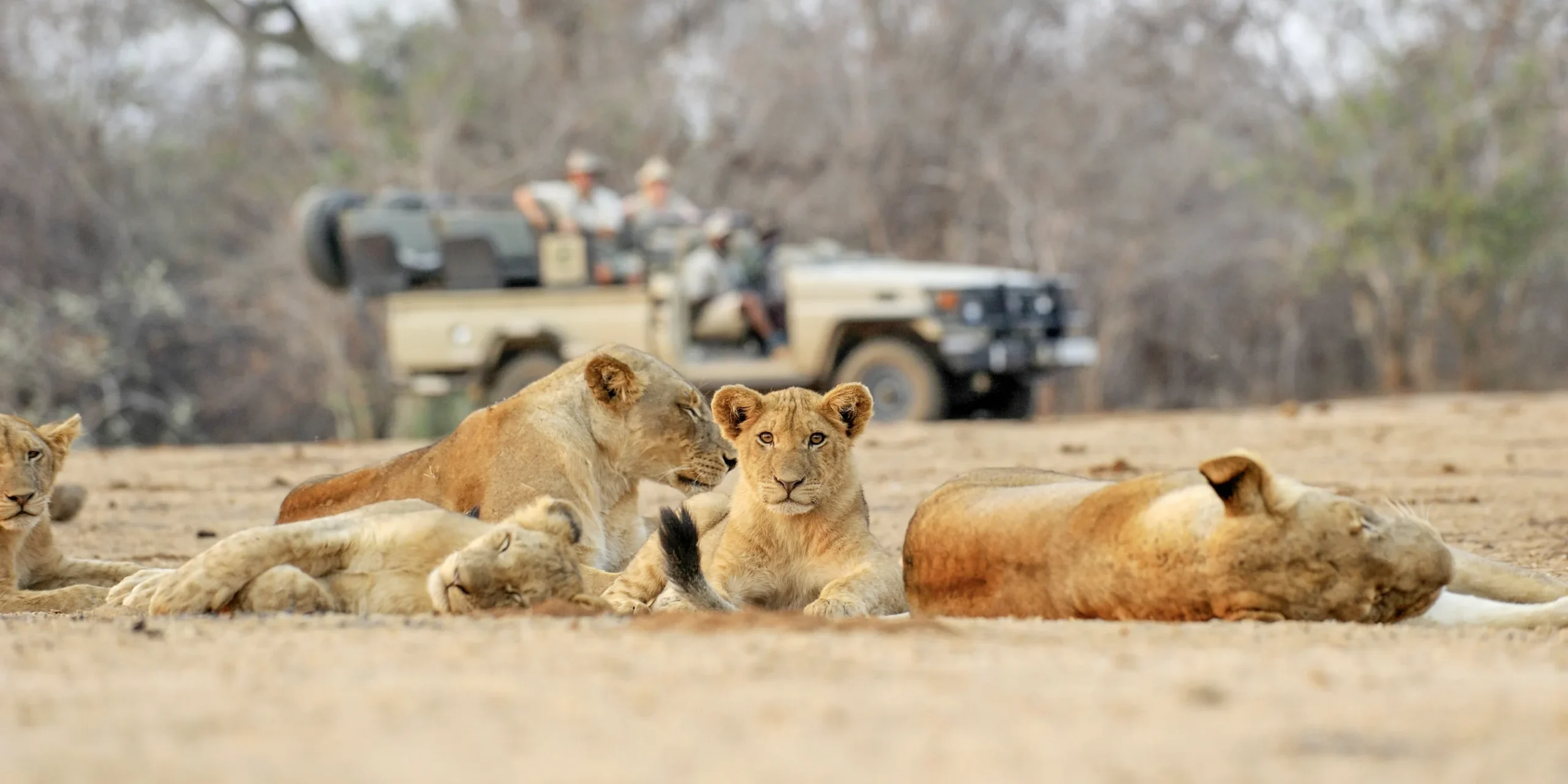
Extraordinary tailor-made adventures,
from earthy and edgy to easy and extravagant
From around USD 2500 per person, you set the ceiling
Sample Trips
Here are some of our popular trip shapes
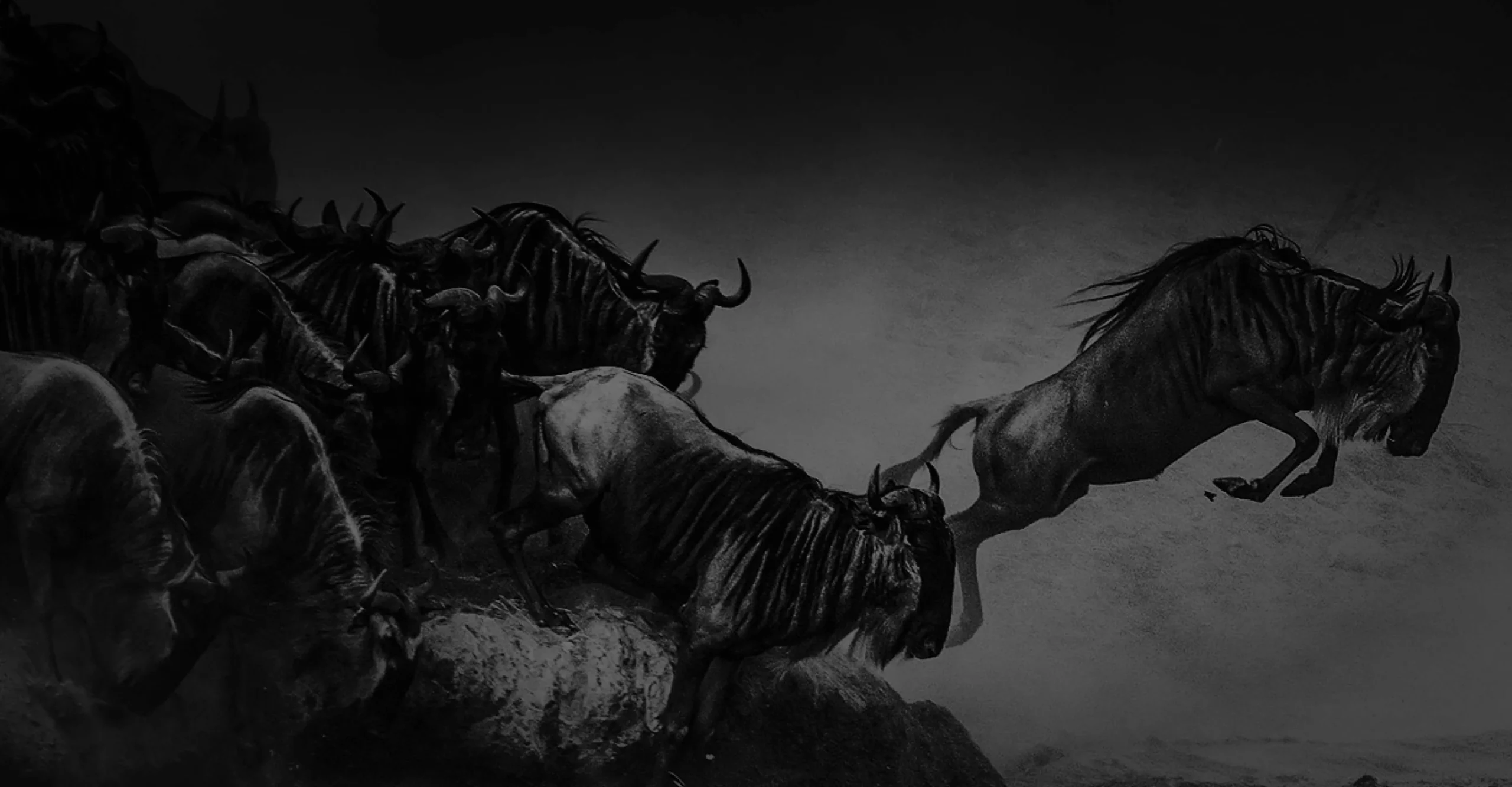
Get started on your trip
It’s never too soon to get in touch, we are here to help with every stage of your planning.
Best Lodges
We regularly inspect and photograph all of the the best lodges, to ensure that we always recommend the most suitable options
Key Locations
Take a look around related locations. Click ‘View more’ to explore locations further afield.
